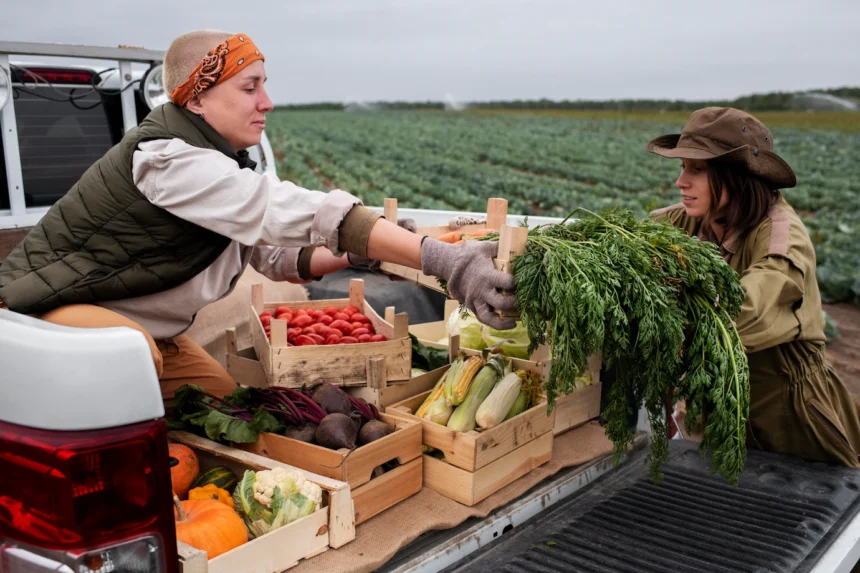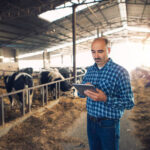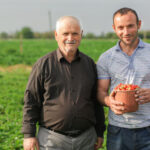Global food systems have a significant impact on local farming communities around the world. While global food systems have brought various benefits such as increased access to markets and technologies, they have also posed challenges and negative consequences for local farmers. Here are some key points to consider:
- Market Competition: Global food systems often involve the production and distribution of food on a large scale, leading to increased competition in local markets. Local farmers may struggle to compete with larger, more efficient operations that benefit from economies of scale. This can result in reduced market access and lower prices for local farmers, affecting their livelihoods and economic stability.
- Dependence on Commodities: Global food systems tend to prioritize the production of commodity crops, such as corn, wheat, and soybeans. This focus on monocultures can reduce the diversity of crops grown in local farming communities, leading to a loss of traditional and indigenous varieties. It can also make local farmers vulnerable to price fluctuations and market shocks associated with commodity markets.
- Land Concentration: Global food systems often promote consolidation of land ownership, with larger agribusinesses and corporations acquiring extensive land holdings. This can lead to the displacement of small-scale farmers, as well as the loss of traditional farming practices and knowledge. It may also result in environmental degradation and the exploitation of natural resources.
- Environmental Impact: Industrialized agriculture, which is closely tied to global food systems, can have detrimental environmental effects. Intensive use of chemical inputs, deforestation, water pollution, and greenhouse gas emissions are some of the consequences that can harm local ecosystems and contribute to climate change. Local farming communities, particularly those practicing sustainable and traditional farming methods, may suffer from the environmental degradation caused by global food systems.
- Loss of Cultural Identity: Local farming communities often have deep-rooted cultural and social connections to the land and traditional farming practices. However, the expansion of global food systems can erode these connections as communities shift towards more industrialized and market-oriented farming methods. The loss of cultural identity can have profound impacts on community cohesion, traditional knowledge, and overall well-being.
Addressing the Impact:
Efforts can be made to mitigate the negative impacts of global food systems on local farming communities:
- Supporting Local Farmers: Governments, non-governmental organizations, and consumers can support local farmers through initiatives like farmers’ markets, community-supported agriculture programs, and fair trade certifications. This helps ensure that local farmers receive fair prices for their products and have access to local markets.
- Promoting Sustainable Practices: Encouraging and incentivizing sustainable farming practices, such as organic farming, agroecology, and permaculture, can benefit local farming communities by reducing environmental harm, enhancing biodiversity, and improving long-term productivity.
- Strengthening Local Food Systems: Building resilient local food systems that prioritize local production, processing, and distribution can help reduce dependence on global food systems. This includes supporting local food cooperatives, farmers’ cooperatives, and initiatives that promote food sovereignty.
- Land Tenure and Ownership: Policies that protect and strengthen land tenure rights for small-scale farmers can help prevent land concentration and promote equitable access to resources. This includes land reform programs, legal frameworks, and support for collective land ownership.
- Knowledge Exchange and Capacity Building: Facilitating knowledge sharing between local farming communities and global actors can help preserve traditional farming practices and enhance local farmers’ capacity to adapt to changing circumstances. This can be done through training programs, farmer-to-farmer exchanges, and the integration of indigenous knowledge systems.
Global food systems have both positive and negative impacts on local farming communities. Addressing these challenges requires a multi-faceted approach that balances economic development with social and environmental sustainability, while also respecting the unique needs and cultural values of local farming communities.







